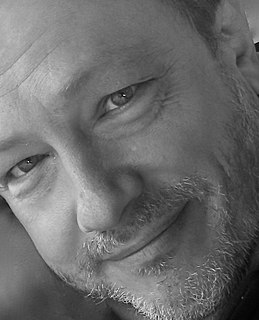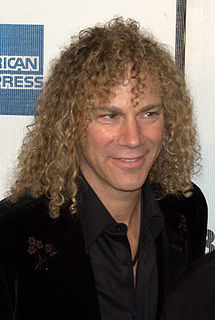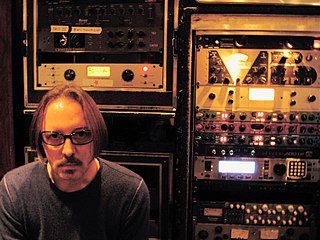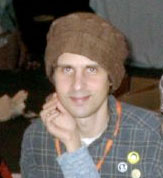A Quote by Stephen Hough
Learning great works like the Liszt Sonata or Beethoven's 'Hammerklavier' should be a struggle to a certain extent, where you need to labor intensely with your own brain and soul for the meaning of the work instead of cutting and pasting a bunch of stuff together from the Internet and - boom! - there you are with a performance ready to go.
Related Quotes
It's not something you can find. There's a moment you arrive at --- there's no words for it. A bunch of people come together at this place where a note hits your heart and your brain tells your finger where to go. It's an otherworldly thing, like when a painter gets the right combination of colors together.
Men should not labor foolishly like brutes, but the brain and the body should always, or as much as possible, work and rest together, and then the work will be of such a kind that when the body is hungry the brain will be hungry also, and the same food will suffice for both; otherwise the food which repairs the waste energy of the overwrought body will oppress the sedentary brain, and the degenerate scholar will come to esteem all food vulgar, and all getting a living drudgery.
You need 10,000 hours to figure out how to be good at something and I agree with that to a certain extent. It's like everything you do to lead up to a great recording or great performance is everything you've done in the past and you can't just, it's rare that someone wakes up in a void and goes and wakes up and makes the most brilliant recording or performance.
'Boom' is my heart. The 'kack' is my soul. Apparently when I choreographed I didn't realize that I said 'boom-kack' 'boom-kack.' I had no idea I was doing it and then I realized that it's every time I felt like the fight in my soul - the boom and the kack - was like my heart. It was like the love of it - my heart and soul.
Before Liszt, a conductor was someone who just facilitated the performance, who would keep people together or beat the time, indicate the entries. After Liszt, that was no longer the case; a conductor was someone who shaped the music in an intense musical way, who played the orchestra as an instrument.
Through my life and my experience, I believe getting "positive mental attitude" is true. Your brain has certain pathways in it, and if you feed those pathways with certain types of thoughts, the blood goes to those neurons and nourishes them, and they grow and develop. That's how you build habits. Physically, I think that's how your brain works. If you have certain habits that are negative and causing you problems that you want to change them, you can actually change the blood flow and stuff in your brain by thinking a different way.
When we consider that labor is the producer of all wealth, is it not evident that the impoverishment and, dependence of labor are abnormal conditions resulting from restrictions and usurpations, and that instead of accepting protection, what labor should demand is freedom. That those who advocate any extension of freedom choose to go no further than suits their own special purpose is no reason why freedom itself should be distrusted.
I've put live performance in a lot of spaces. Part of what I want to do is take over the takeover. Another way that someone put it is, you climb over the fence and you cut a hole in it, and let everyone else in. That's kind of what this is. The museum is a repository of great works, but there is certain work that no one ever calls great. This is an insistence on directing their attention to other stuff that's great, that never gets to be in a museum.








































